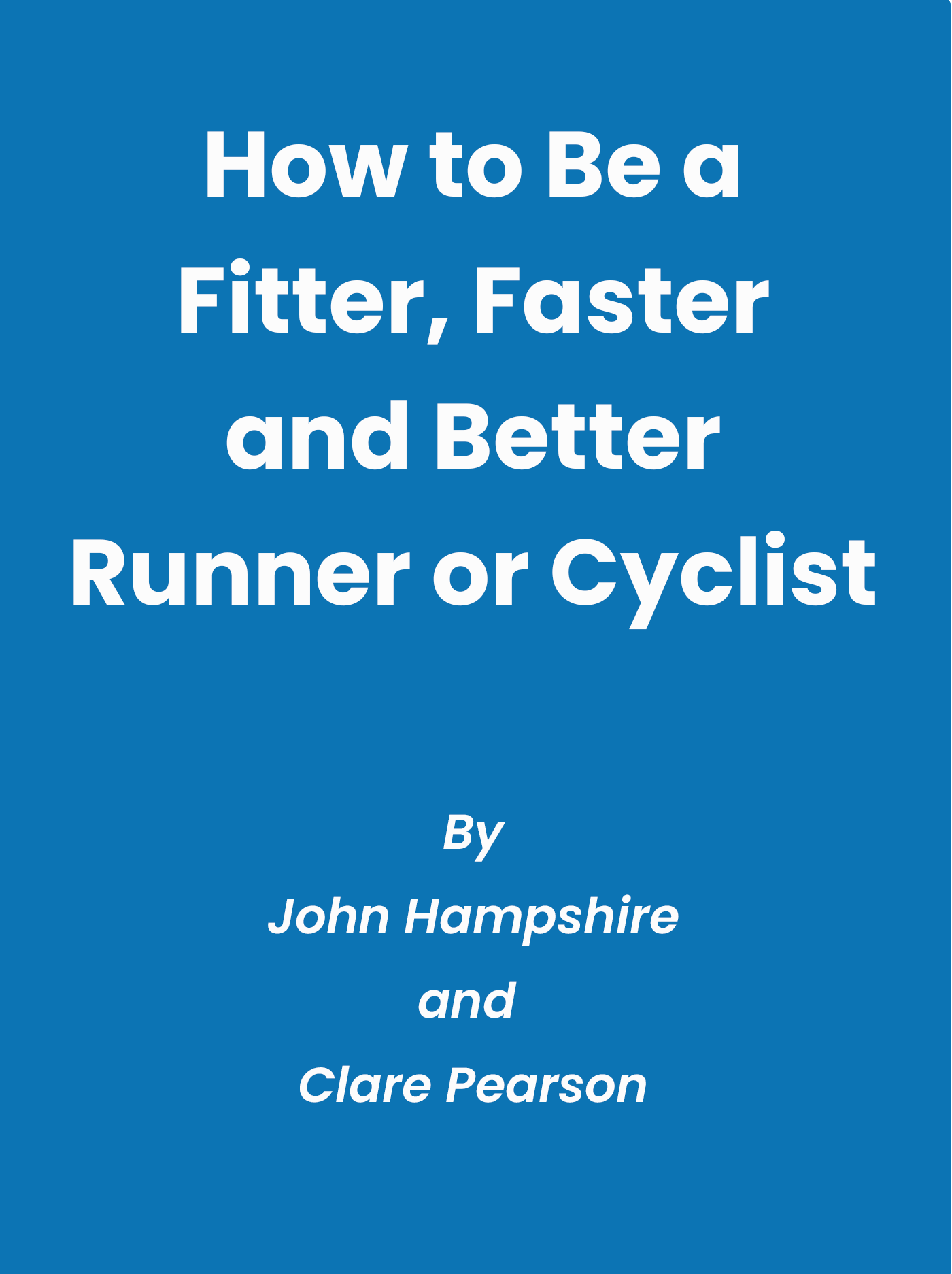How Much Fitness Do I Lose When I Take Time Off Training?

One of the obstacles I have noticed in athletes which makes it hard for them to take time off is they worry about losing fitness. So how much fitness do you lose when you take time off?
Initially after a good block of training if you take time off you gain fitness as your body has time to adapt to the training stimulus. It's usually better to see recovery days as integral to training and not 'time off.'
Why does my fitness score goes down when I have a rest day?
The score called fitness in training apps does go down when you take time off, for this reason I don't really like to use the word 'fitness' to describe this score. A more accurate description is 'Chronic Training Load' basically the volume and intensity (load) of training you have done over the last 42 days. This score is often weighted to the most recent training which is why when you take a rest day the score will change. All it really means is that your training load has decreased, not that your fitness has gone down.
You may notice that as you take some rest/easy days your fatigue score (more accurately the load you have done in the last 7 days) also goes down and your form (the difference between your 'fitness' and 'fatigue') goes up. The form is the key one because this is the best predictor of your readiness to perform.
The dashboard below shows the athlete's 'fitness (blue line) go down at the end of May and the Fatigue (pink line) also decreases at a greater rate bringing the form (yellow line) up so she is ready for her big race on the 29/05.

So don't get fixated on your so-called fitness score - rather look for fitness trends (that the trend is generally up even though it's a bumpy line) and aim to have 'good form' for your event with an appropriate recovery (taper) before.
Why do I need time off to adapt?
Training is a stress; it stresses our muscles and causes them to break down; it stresses our cardio vascular system and it stresses out central nervous system. If you don't take time off you end up simply causing more break down and more stress, so muscles get weaker and you get more tired.
If you give your body time to adapt to a stimulus you can then increase the stimulus in the next block (train a bit harder) and make greater fitness gains. Muscles will repair back stronger and your cardiovascular and central nervous system can adapt so that the next time you do that set of training it can cope with it better.
A useful way to look at training is dosage - just as you wouldn't take your whole course of penicillin in one day, but bit by bit as prescribed, so it is with training; the gains are greater with careful dosage over time.
When will I start to really lose fitness?
I don't think there is an absolute answer to this. Training is always a compromise and while you might start to lose fitness after a couple of weeks off, if you are still tired going back to training won't help you gain fitness.
A more useful questions to ask yourself might be: when am I ready to train in a way that means I can make meaningful gains? The gains might not even all be fitness based and very low level exercise, especially outside in green spaces, whilst not adding much to your overall fitness might improve your mental well-being immensely.
As a general rule of thumb you could assume that after 14 days you will start to lose some noticeable endurance fitness; this is less for higher intensity fitness (so you might get messages about VO2max going down before this on some sport watches/applications).
The good news is doing relatively very little can offset this loss significantly - 20 minutes to half an hour of exercise 3 times per week at an intensity that is easy enough to hold a conversation is enough. That's why coaches will often suggest a short easy workout on a recovery day.
In addition to this whilst higher end fitness (above endurance level) is quickly lost, it is also quickly gained so the compromise of some time off to reset is often worth it.
Why do I feel tired even though I have take time off and my form score is up?
The truth is we don't fully understand fatigue mechanisms and taking time off training, while it helps, is not an exact science. Your fitness app only knows the data that you put into it and there are many other forms of stress that can impact on your fatigue and ability to perform (form).
We do know that other forms of stress can interfere with recovery mechanisms so if you are having a tough time in your life in general then you may need more recovery than your training application suggests.
We also know that some people are just more stressed in general than others, they can have more propensity for fatigue, injury and illness. This is likely in part to be genetic and in part down to life experiences and personality. Getting to know yourself and finding what works for you is usually the best way to approach your training. This includes identifying a chronic training load you can sensible achieve, how quickly you can gain fitness and how much rest you need.
This is why it's so important not to see training in isolation from you as a person. Good coaching is not just about prescribing training, but getting to know the person and what works best for them.
Enforced time off
Sometimes, outside of recovery we have to take time off; maybe there is a family emergency or our priorities change for a while. In these cases of course you are going to lose some fitness, which is unfortunate, but that is a choice we have to make at times.
At these times it can be good to keep doing some physical activity even if you are not focussed on training. It will help keep you emotionally well and provide a break with some time for yourself. The added advantage (and really that is all it can be) is that it will offset some of the fitness loss and help you get back a little more easily when the time is right.
Not sure how to get back into it after time off? why not book a free 20 minute consultation with no commitment to see how we can help you?
Subscribe to our blog
Please share with your friends
Other articles you might like
June 21, 2024

Comments